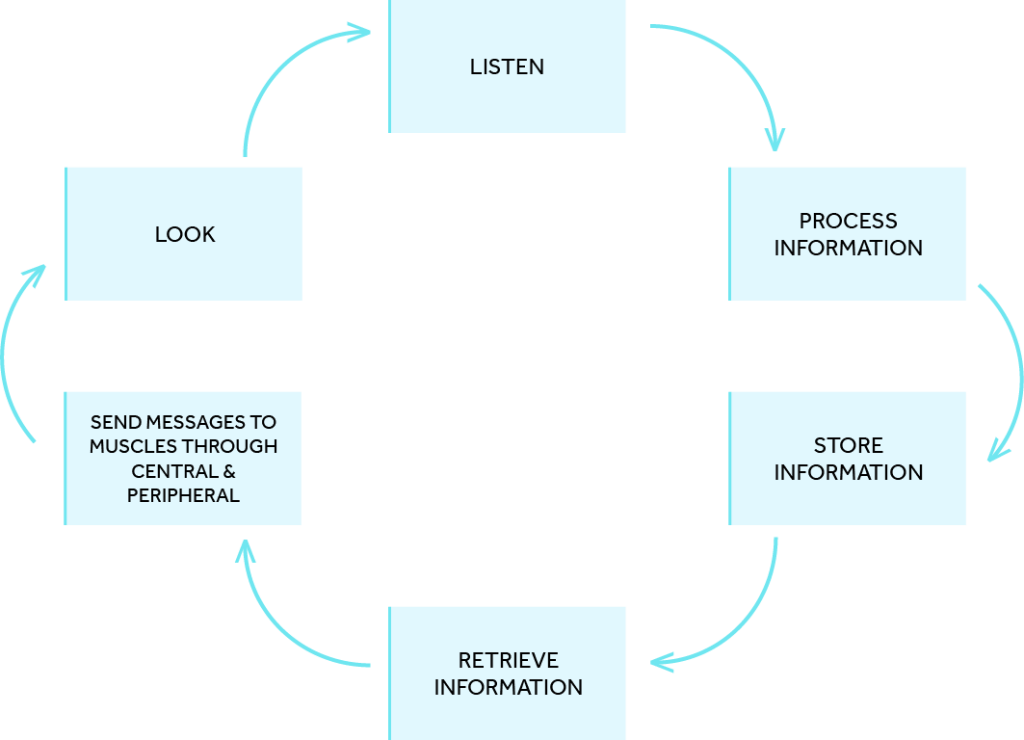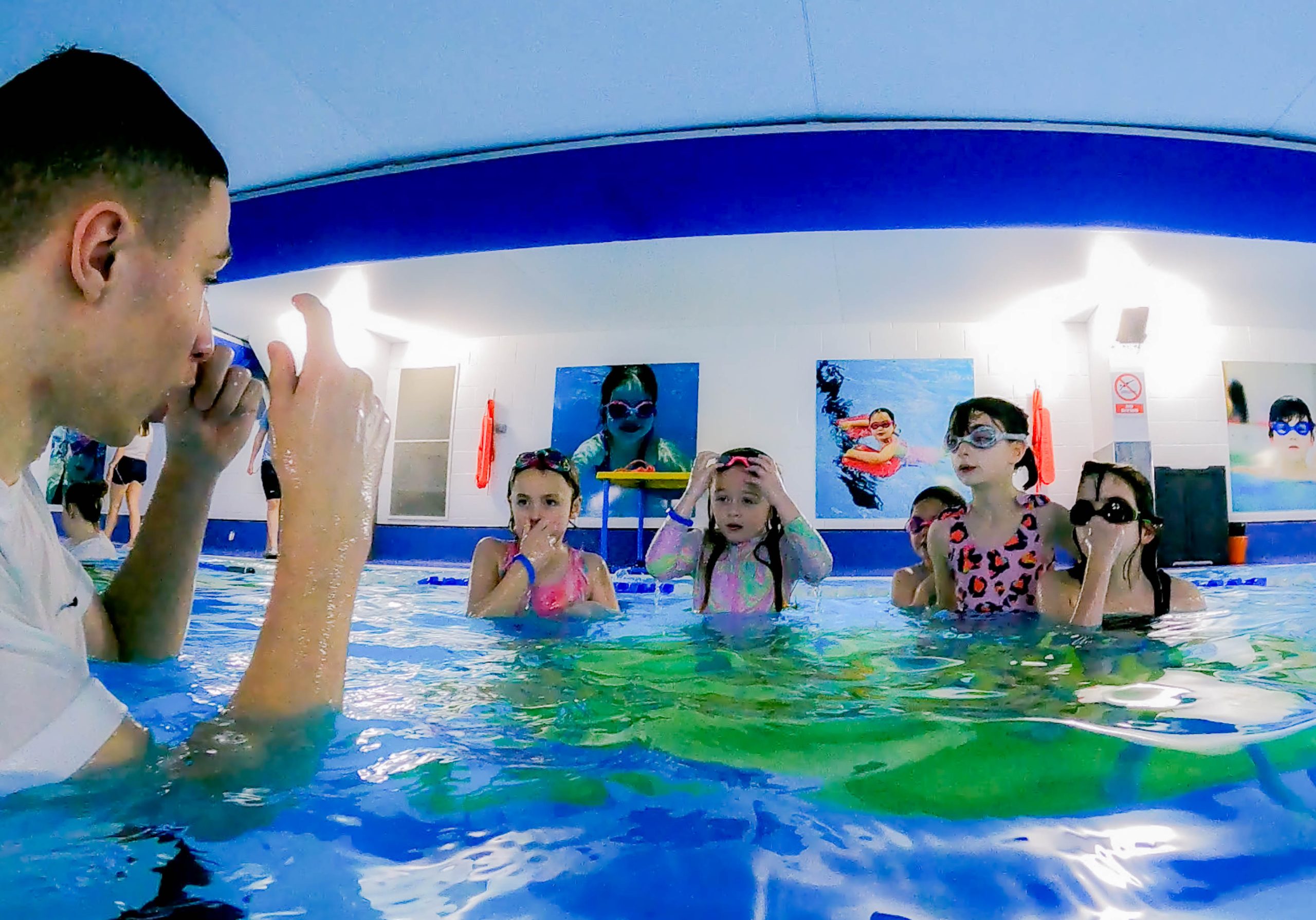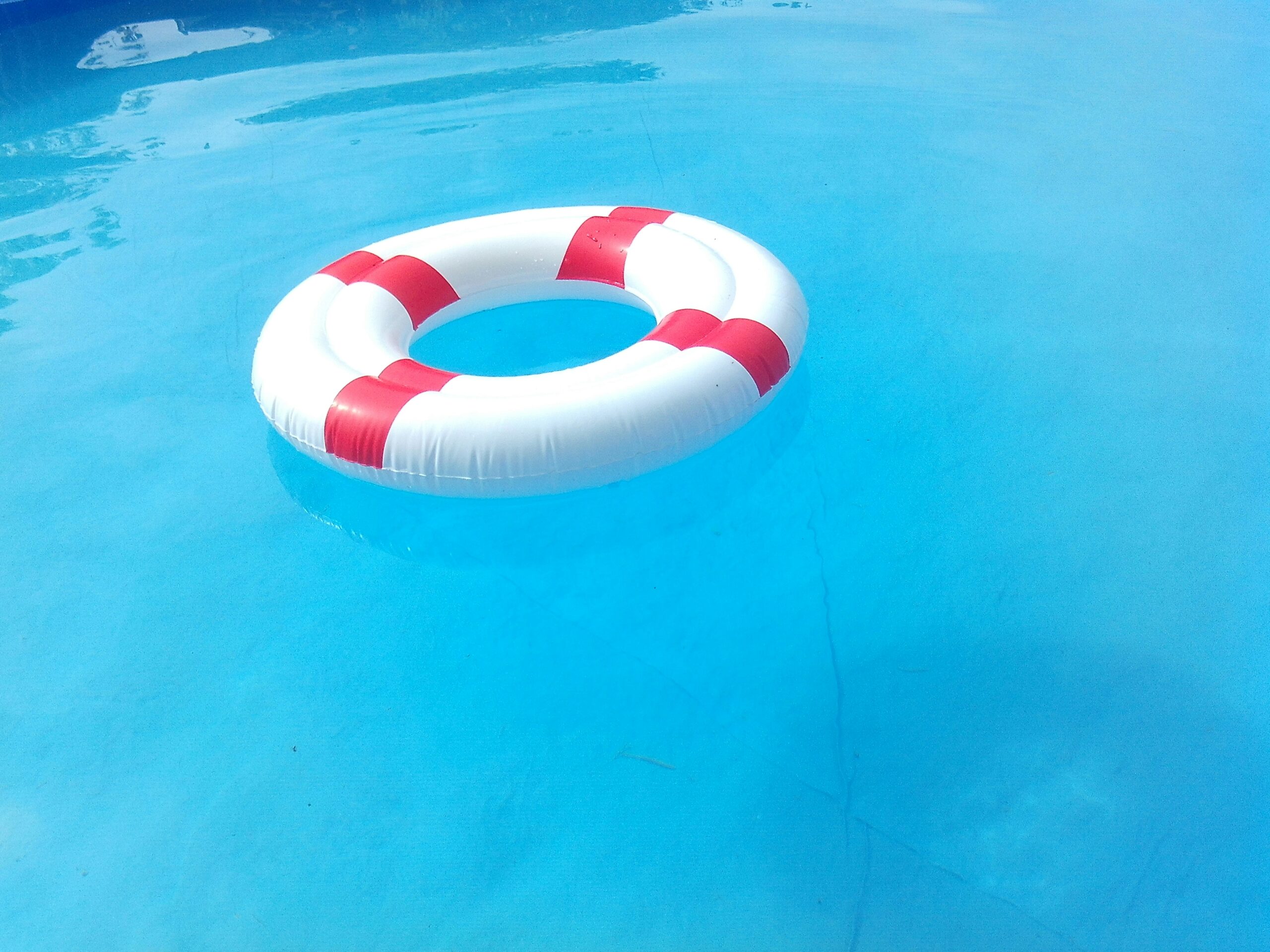It’s beyond time to get our message communicated that when families bring their children to us that they are in good hands. There are many principles that underpin the service that we provide.
Schmidt Motor Programme
With this concept, the process of movement learning can fall down at any point in the process. For example, dyspraxia, poor concentration, processing issues and so on.
What we do to help in this process is to use strategies to get children to look and listen. We also provide a very repetitive set of movements to enable these movements to be programmed into the brain.
In the early stages of learning to swim, we focus on breath control and confidence. We keep these practices short, simple and repetitive.
This to allow your child to develop the necessary breath control to enable them to swim.
We liken someone learning to swim to someone learning to play the piano. It would not be expected for them to play a concerto within a few weeks. You would expect a child or an adult to begin by learning the position of the notes, developing the important control over the movements required to play a simple tune. The learner would develop motor programmes, sometimes termed muscle memory and be able to play that simple tune very well with practice.
Just like the 3 jumps at the start of our lessons quickly becomes an ability to travel for a short distance.
We are always building confidence or motor programmes.
Schmidt Motor Programme








